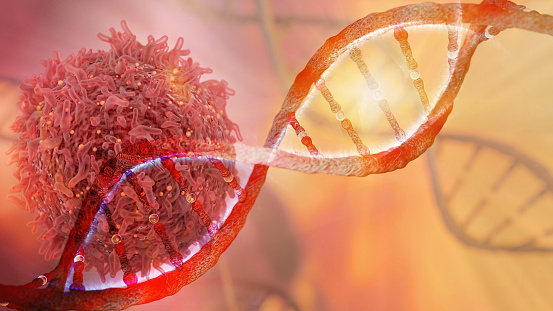
Researchers have developed an efficient, precise, and quicker method to remove genes from white blood cells using electrical fields, according to a report in The New York Times based on research published in Nature. If replicated, this new gene editing method could be used to treat cancer, HIV, and autoimmune conditions.
The researchers developed a CRISPR/Cas9 genome-targeting system that does not require viral vectors, allowing rapid and efficient insertion of large DNA sequences (>1 kilobase) at specific sites in the genomes of primary human T cells, permitting individual or multiplexed modification of endogenous genes. They engineered T-cells to recognize human melanoma cells in mice and also corrected the T-cells of three children with a rare mutation in the laboratory.
It’s a breakthrough that could transform HIV and cancer care: Scientists found a way to edit genes that could dramatically speed treatment https://t.co/erzJI49FXw
— The New York Times (@nytimes) July 12, 2018
In theory, a speedier editing process may result in treatment for almost any type of cancer. “What takes months or even a year may now take a couple weeks using this new technology,” said Fred Ramsdell, vice president of research at the Parker Institute for Cancer Immunotherapy in San Francisco.
Online @nature Reprogramming human T cell function and specificity with non-viral genome targeting https://t.co/w7C3h0Rmpx pic.twitter.com/ERn1Pa6Z5q
— Nature Genetics (@NatureGenet) July 12, 2018
Source: New York Times







 © 2025 Mashup Media, LLC, a Formedics Property. All Rights Reserved.
© 2025 Mashup Media, LLC, a Formedics Property. All Rights Reserved.